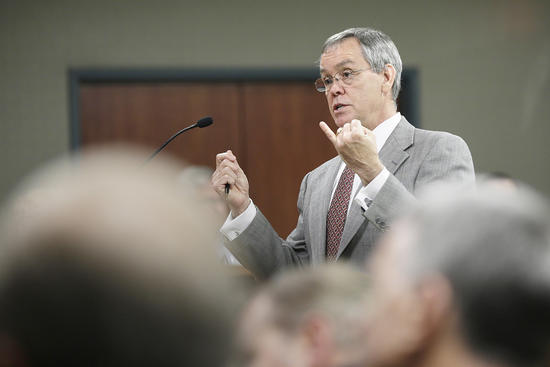Grinding poverty is a fact of life in the Mid-South leading to a variety of health problems from obesity to diabetes. “When you have a limited income, you have to buy foods that are cheap. And foods that are cheap tend to have a lot of sugar and salt and fat,” said Dr. George Bray, an obesity expert at Louisiana State University. At least 30 percent of adults were obese in thirteen states including Alabama, Arkansas, Louisiana, Mississippi and Tennessee. The same four states led the country in the rates of diabetes.
Food deserts are pervasive in rural Delta areas. According to a recent study by Mississippi State University:
·Rural counties in the Delta average one supermarket per 190.5 square miles.
·Over 70% of the low-income population of the Delta traveled 30 or miles to purchase groceries at supermarkets in an effort to avoid high priced smaller grocers and inadequate quality food sold at convenience stores and gas stations.”
·Urban areas face the same problem. A snapshot of Memphis provided by awesomegood.com paints a bleak picture, “Faced with decades of disinvestment, Memphis has seen grocery stores pack up and move out, leaving behind fewer accessible options to serve the community.”
·Only 9% of low-income census tracts in Memphis have a grocery store.
·In 2010, the Food Research and Action Center ranked Memphis as the metropolitan area with the greatest food hardship, where residents lack the money to buy the food they need.
·26% of families in Memphis could not afford to buy food during 2008-2009.
At the same time, organizations such as the Healthy Memphis Common Table are supporting the creation of Famers’ Markets that accept SNAP benefits and offer dollar-matching programs. The non-profit Grow Memphis is securing funding and starting community gardens in some of the poorest parts of the city. The Green Machine is bringing fresh foods in a mobile food market to 15 targeted locations throughout the city, such as public schools, community centers, and senior citizen facilities. More grass roots efforts are happening every year.
·The move toward healthier eating is penetrating institutions in Memphis as well.
·The food service program in Shelby County Schools is led by Tony Geraci, a national celebrity in school cafeteria nutrition and locally sourced food. Since he was hired in 2011, Geraci has created a farm-to-school program, started an after-school supper program, expanded the breakfast program and used the department’s huge central kitchen to return to scratch cooking. He’s started more than 20 school gardens and more are on the way.
·At the internationally renowned St. Children’s Research Hospital, Culinary Directory Miles McMath, arrived in 2008 with some radical ideas about how to remake the hospital’s food service programs. He and the team that feeds St. Jude represent a new generation of trained chefs who apply the ethic of fresh, locally grown, healthier food to a large, international iconic hospital where bland institutional cooking was the standard until five years ago. Today, nearly 40 percent of what’s cooked is locally grown and represents about a $1 million annual economic boost for the region.
·Across the Mississippi River in Arkansas, obesity rates are still high but have stabilized since Gov. Mike Huckabee introduced and the legislature passed comprehensive legislation to combat childhood obesity in 2003.
















